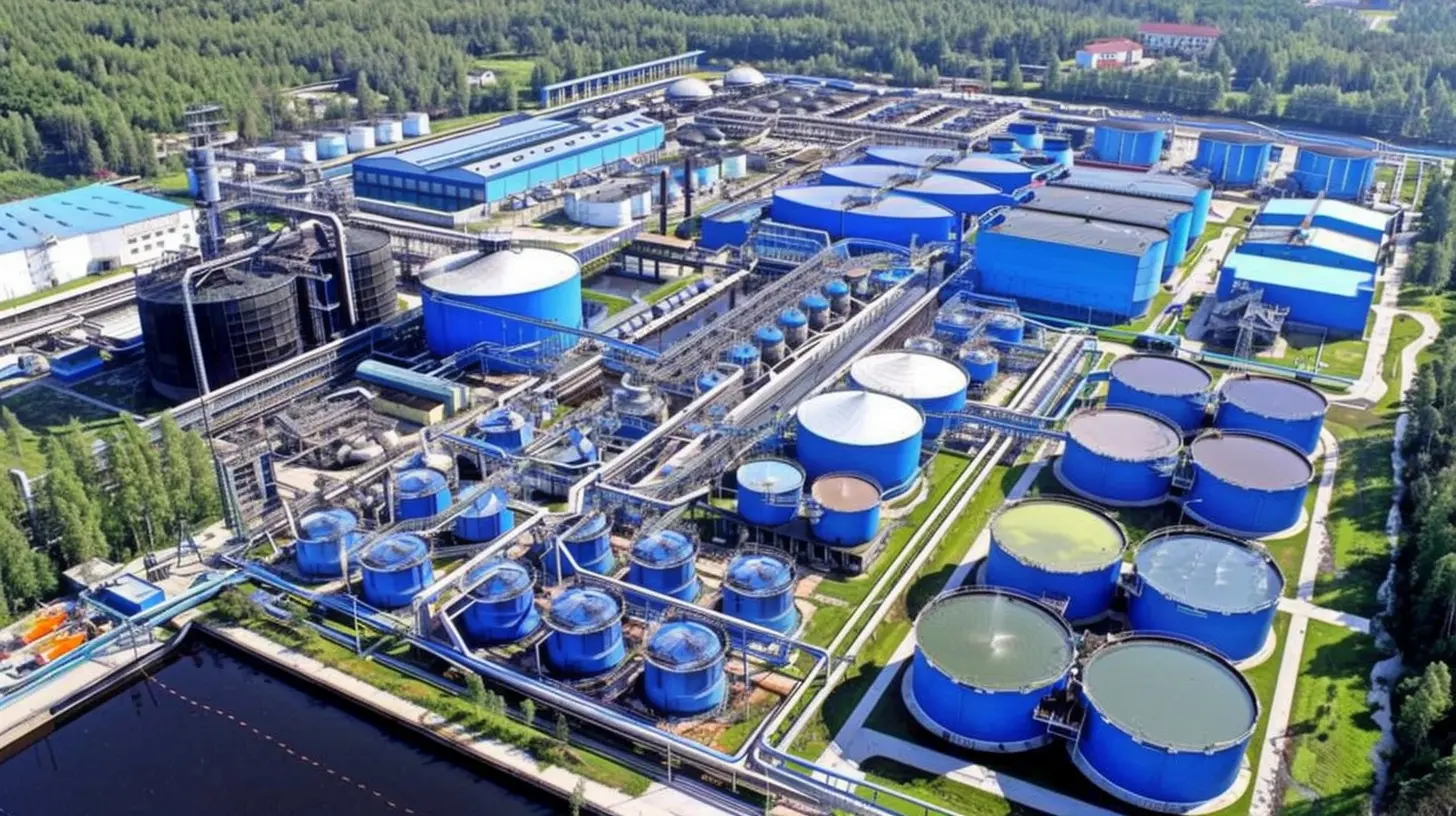New technologies enable efficient segregation of waste, leading to better recycling and reduced landfill use.
Innovative incineration methods contribute to energy recovery and low emission levels.
Technological advancements in biochemicaltreatment offer eco-friendly solutions for waste management.
New technologies promote eco-friendly waste disposal and recycling practices, mitigating pollution and conserving resources.
Advanced waste treatmenttechnologies offer efficientwaste management solutions that minimize operational costs and enhance financial viability.
These technologies enable the recovery and reuse of valuable resources from waste streams,reducing the strain on natural resources.


Digitalization optimizes waste treatment processes,reducing operational costs and enhancing productivity.
Remote monitoring technologies enable real-time data collection and analysis for proactive decision-making.
Automated systems improve accuracy and consistency in waste treatment,ensuring high-quality results.
New technologies are revolutionizing waste treatment by offering innovative solutions for waste
disposal, conversion, and recycling. They include advanced incineration methods, waste-toenergy technologies, and sustainable landfill practices.
New technologies provide safer and more effective ways to dispose of hazardous and nonhazardous waste,minimizing environmental impact.
Advanced waste treatmenttechnologies enable the recycling and reusability of a higher percentage of waste materials, contributing to sustainability goals.
Modern waste treatmenttechnologies are designed to significantly reduce pollution and greenhouse gas emissions, ensuring a healthier environment.
Waste to energy technologies help convertnon-recyclable waste into usable energy, contributing to a sustainable energy supply and reducing dependence on fossilfuels.
This process not only reduces waste disposal in landfills but also minimizes greenhouse gas emissions and environmental pollution,thereby positively impacting the surrounding communities and ecosystems.
By generating electricity or heat from waste,this approach contributes to the circular economy,offering economic opportunities and reducing the reliance on traditional energy sources.
Integrating waste to energy systems with existing heating infrastructure involves leveraging the generated heat from waste combustion to supplement district heating networks. This integration enhances the overall energy efficiency and reduces reliance on conventional fossil fuels.